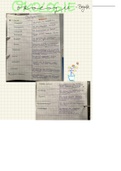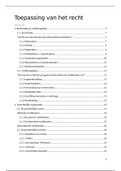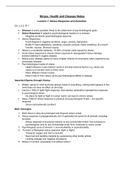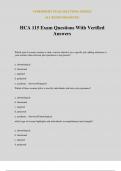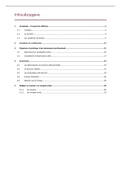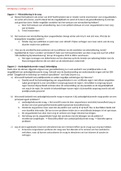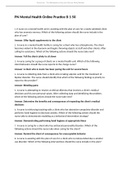We are the miracles that God made
To taste the bitter fruit of Time.
We are precious.
And one day our suffering
Will turn into the wonders of the earth.
There are things that burn me now
Which turn golden when I am happy.
Do you see the mystery of our pain?
That we bear poverty
And are able to sing and dream sweet things
And that we never curse the air when it is warm
Or the fruit when it tastes so good
Or the lights that bounce gently on the waters?
We bless things even in our pain.
We bless them in silence.
That is why our music is so sweet.
It makes the air remember.
There are secret miracles at work
That only Time will bring forth.
I too have heard the dead singing.
And they tell me that
This life is good
They tell me to live it gently
With fire, and always with hope.
There is wonder here.
And here is surprise
In everything the unseen moves.
The ocean is full of songs.
The sky is not an enemy.
Destiny is our friend.
, An African Elegy
Questions and answers
Stanza 1:
1. What do you think the speaker means by the line ‘we are precious?’ (line
3) and what does it indicate about the African people?
The speaker suggests that in their endurance and optimism, the people
are rare and unusual, they have worth and value. The word ‘precious’ is
usually used in relation to gems and suggests something of value. It
highlights that the African people are to be cherished or valued
2. Who are the ‘miracles that God made’?
The people of Africa (of course all human beings of ‘miracles of God’ but
using the word African in the title Okri provides a specific context)
3. Why does the poet use the first-person-plural pronoun in these opening
lines?
By using ‘we’ the poet personal personalize is his message and creates an
association with his readers. In this context the ‘we’ emphasize that the
poet (or speaker) is part of the African Community.
4. Identify figures of speech in the line ‘to taste the bitter fruit of Time’ and
comment on their effectiveness.
There are several allusions: ‘bitter fruit’ could refer to the God's
punishment in the Garden of Eden, ‘Time’ could refer to Father time from
Greek mythology (personified as a bearded old man holding a scythe and
an hourglass).
The personification of time as indicated by the capital letter gives ‘Time’
mythological significance and emphasizes that this is an important theme
in the poem. (Note that ‘Time’ appears again later in the poem)
The combination of words in a ‘bitter fruit’ is an example of an oxymoron:
when two words contradict each other as in a paradox. We think of fruit as
sweet in contrast to something bitter. This paradox infers that in time,
suffering can lead to something better.


